 Securing a loan with collateral might seem like a simple and everyday task, but even the smallest of mistakes in the process can carry severe consequences. Brent Kovach (Mr. Kovach), a shareholder in a few New Orleans French Quarter hotels, experienced the repercussions of a simple oversight when one paragraph in his collateral assignment nearly offset his entire life insurance policy. The following case delves into just how critical hiring an excellent attorney might be when interpreting seemingly straightforward contracts and when those contract disputes turn to a lawsuit.
Securing a loan with collateral might seem like a simple and everyday task, but even the smallest of mistakes in the process can carry severe consequences. Brent Kovach (Mr. Kovach), a shareholder in a few New Orleans French Quarter hotels, experienced the repercussions of a simple oversight when one paragraph in his collateral assignment nearly offset his entire life insurance policy. The following case delves into just how critical hiring an excellent attorney might be when interpreting seemingly straightforward contracts and when those contract disputes turn to a lawsuit.
Mr. Kovach was a shareholder of St. Peter Inc.’s Hotel and a member of A Creole House, LLC, which managed a French Quarter hotel. In the wake of Hurricane Katrina, these hotels required refinancing and in order to secure the necessary loans, Mr. Kovach personally guaranteed them with his life insurance policy as collateral. Mr. Kovach and his wife, Ellen Kovach (Mrs. Kovach), acquired the one million dollar life insurance policy on Mr. Kovach in 1995 from New England Mutual Life Insurance Company.
After receiving the refinancing, the hotels failed to make loan payments and in May 2010 the bank requested a cash surrender of the value of the policy from New England Mutual Life Insurance Company. The life insurance company paid the value of the policy, $52,316.33, to the bank based upon the terms of the assignment and canceled Mr. Kovach’s life insurance plan without any notification to him.
 Louisiana Personal Injury Lawyer Blog
Louisiana Personal Injury Lawyer Blog


 In Louisiana, a failure to pay your property taxes can result in your property being subject to a tax sale. This can cause a tremendous headache. Though the Louisiana Constitution and Revised Statutes provide that the government’s right to proceed to a tax sale expires three years after the last day of the year in which the taxes were due, one New Orleans property owner was sent a tax bill including unpaid taxes which seemingly should have been expired.
In Louisiana, a failure to pay your property taxes can result in your property being subject to a tax sale. This can cause a tremendous headache. Though the Louisiana Constitution and Revised Statutes provide that the government’s right to proceed to a tax sale expires three years after the last day of the year in which the taxes were due, one New Orleans property owner was sent a tax bill including unpaid taxes which seemingly should have been expired.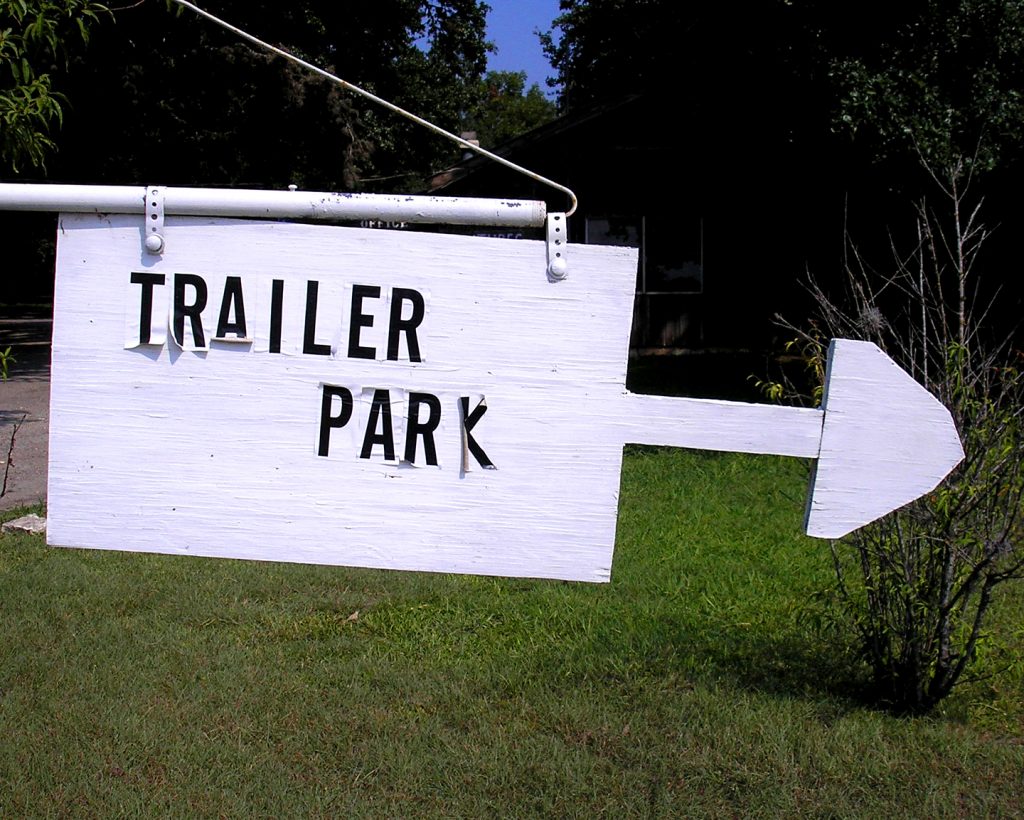 In any personal injury lawsuit, it is absolutely critical that the plaintiff documents his or her injuries and gather evidence in support of legal claims. In addition to establishing that the defendant breached a duty of care, personal injury plaintiffs must also prove – through medical testimony and documentation – that it was more probable than not that the accident at issue caused their injuries.
In any personal injury lawsuit, it is absolutely critical that the plaintiff documents his or her injuries and gather evidence in support of legal claims. In addition to establishing that the defendant breached a duty of care, personal injury plaintiffs must also prove – through medical testimony and documentation – that it was more probable than not that the accident at issue caused their injuries. In litigating claims, parties (particularly the attorneys) must exercise diligence. This means being timely when it comes to gathering evidence, complying with a court order, or filing a pleading, motion, appeal etc. In its
In litigating claims, parties (particularly the attorneys) must exercise diligence. This means being timely when it comes to gathering evidence, complying with a court order, or filing a pleading, motion, appeal etc. In its 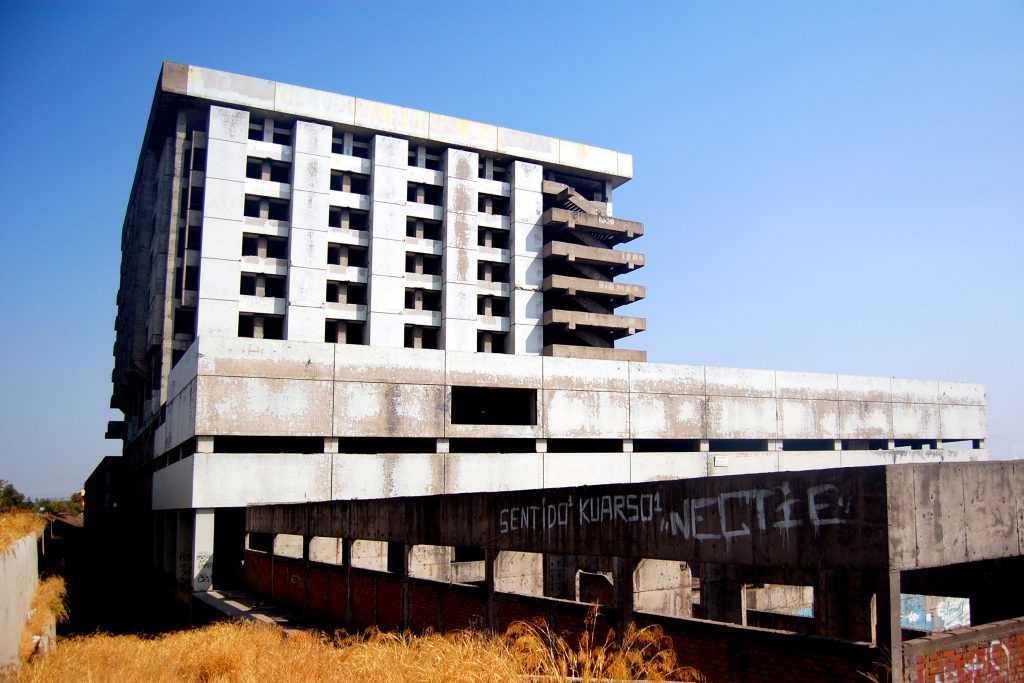 Families depend on nursing home staff to adequately care for loved ones. When loved ones suffer due to the negligence of nursing home staff, a medical malpractice suit can arise.
Families depend on nursing home staff to adequately care for loved ones. When loved ones suffer due to the negligence of nursing home staff, a medical malpractice suit can arise. 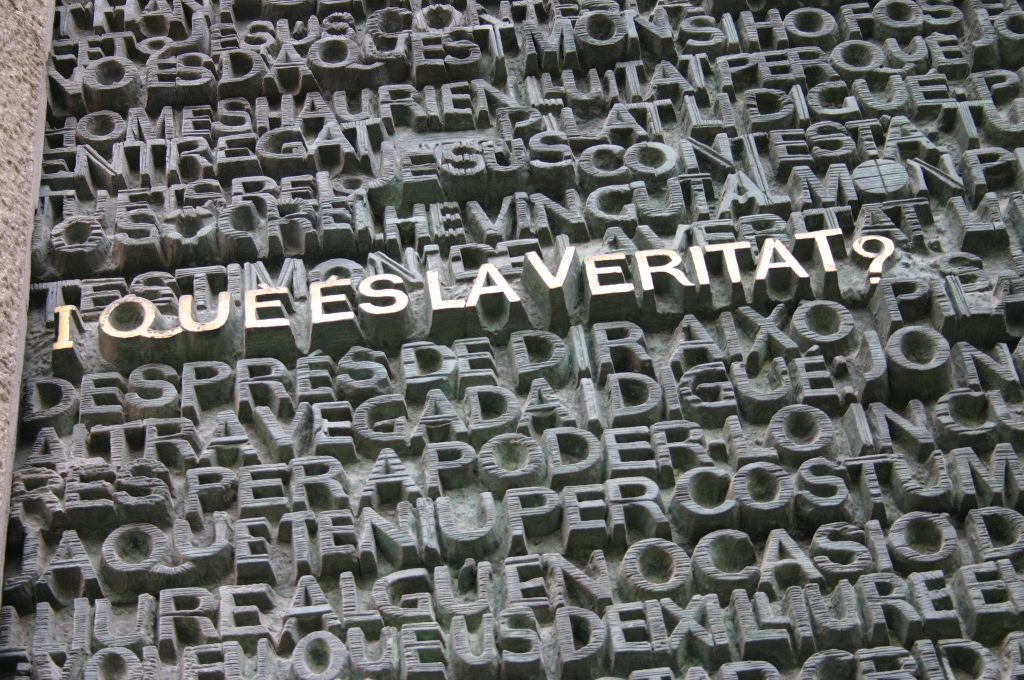 What happens when an accident happens at the workplace? Well, you would immediately head to the doctor. You would rely on your medical records to show the truth when you talk to your insurance company. However, what happens when the medical administration doesn’t agree that your medical records are demonstrative of the truth? Strengthening your case against corporations that attempt to veil the importance of your medical records requires the very best attorneys possible.
What happens when an accident happens at the workplace? Well, you would immediately head to the doctor. You would rely on your medical records to show the truth when you talk to your insurance company. However, what happens when the medical administration doesn’t agree that your medical records are demonstrative of the truth? Strengthening your case against corporations that attempt to veil the importance of your medical records requires the very best attorneys possible. When a merchant sets up shop, he/she may become liable for any accident that occurs on the business’s premises. However, the merchant is not automatically at fault. Sometimes a person is injured and the merchant is not to blame, either because the plaintiff was careless or failed to satisfy his burden of proof. The law in Louisiana that governs a merchant’s liability for negligence also governs the plaintiff’s burden of proof when bringing a claim against a merchant. This law also provides a list of elements, which the plaintiff must prove in order to succeed in their claim. See
When a merchant sets up shop, he/she may become liable for any accident that occurs on the business’s premises. However, the merchant is not automatically at fault. Sometimes a person is injured and the merchant is not to blame, either because the plaintiff was careless or failed to satisfy his burden of proof. The law in Louisiana that governs a merchant’s liability for negligence also governs the plaintiff’s burden of proof when bringing a claim against a merchant. This law also provides a list of elements, which the plaintiff must prove in order to succeed in their claim. See 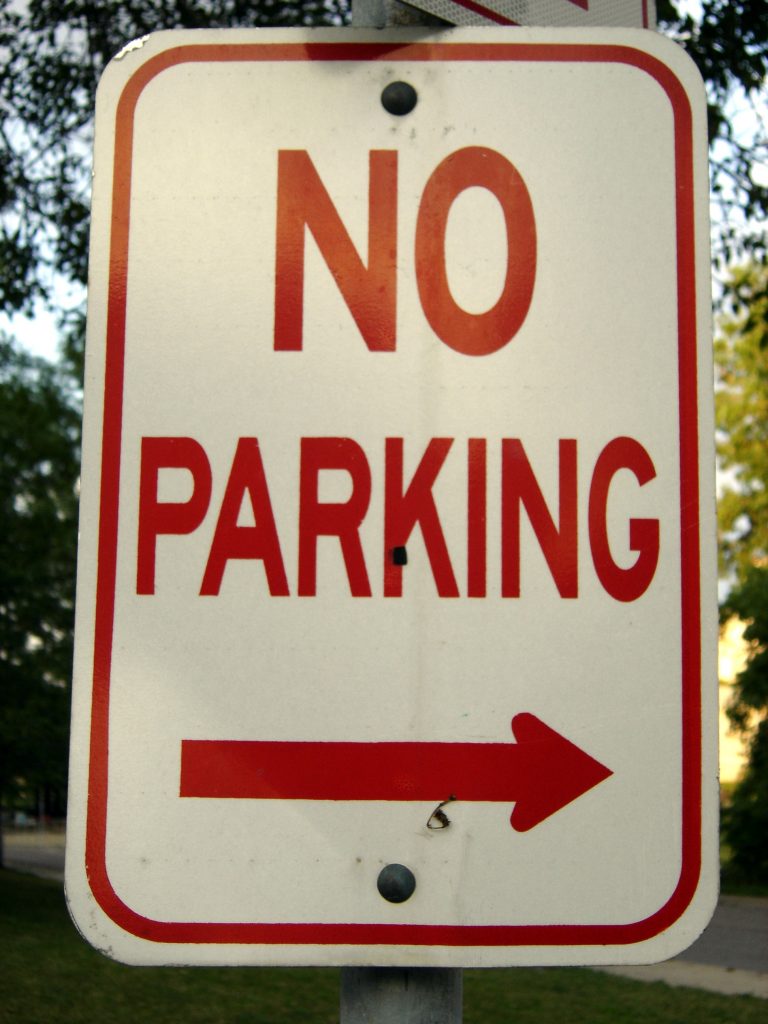 Have you ever wondered what happens when someone wrongfully takes or destroys your personal property? Conversion occurs when one sells or disposes of property belonging to another without permission. The case discussed in this post describes the conversion of a vehicle that was towed and sold to a third party after the title was wrongfully obtained in violation of the Louisiana Towing and Storage Act (“LTSA”).
Have you ever wondered what happens when someone wrongfully takes or destroys your personal property? Conversion occurs when one sells or disposes of property belonging to another without permission. The case discussed in this post describes the conversion of a vehicle that was towed and sold to a third party after the title was wrongfully obtained in violation of the Louisiana Towing and Storage Act (“LTSA”). When you suffer a personal injury such as a slip and fall and pursue a remedy in court, you must be able to support your allegations with sufficient evidence. After conducting initial discovery, a party may move for summary judgment and seek to have the case dismissed before it is ever heard by a trier of fact. When a party moves for summary judgment, it argues that the initial discovery shows that there are no issues of material fact to be decided by the trier of fact and that it is entitled to judgment as a matter of law. The opposing party, the party seeking to avoid having their case dismissed, must then present evidence to show that there are issues of material fact that should be heard at trial. In a recent case from the Louisiana Second Circuit Court of Appeal, a plaintiff conveniently “corrected” her deposition testimony attempting to defeat a motion for summary judgment. While the suspect changes were ultimately admitted, this was not sufficient to allow the case to go forward at trial.
When you suffer a personal injury such as a slip and fall and pursue a remedy in court, you must be able to support your allegations with sufficient evidence. After conducting initial discovery, a party may move for summary judgment and seek to have the case dismissed before it is ever heard by a trier of fact. When a party moves for summary judgment, it argues that the initial discovery shows that there are no issues of material fact to be decided by the trier of fact and that it is entitled to judgment as a matter of law. The opposing party, the party seeking to avoid having their case dismissed, must then present evidence to show that there are issues of material fact that should be heard at trial. In a recent case from the Louisiana Second Circuit Court of Appeal, a plaintiff conveniently “corrected” her deposition testimony attempting to defeat a motion for summary judgment. While the suspect changes were ultimately admitted, this was not sufficient to allow the case to go forward at trial. 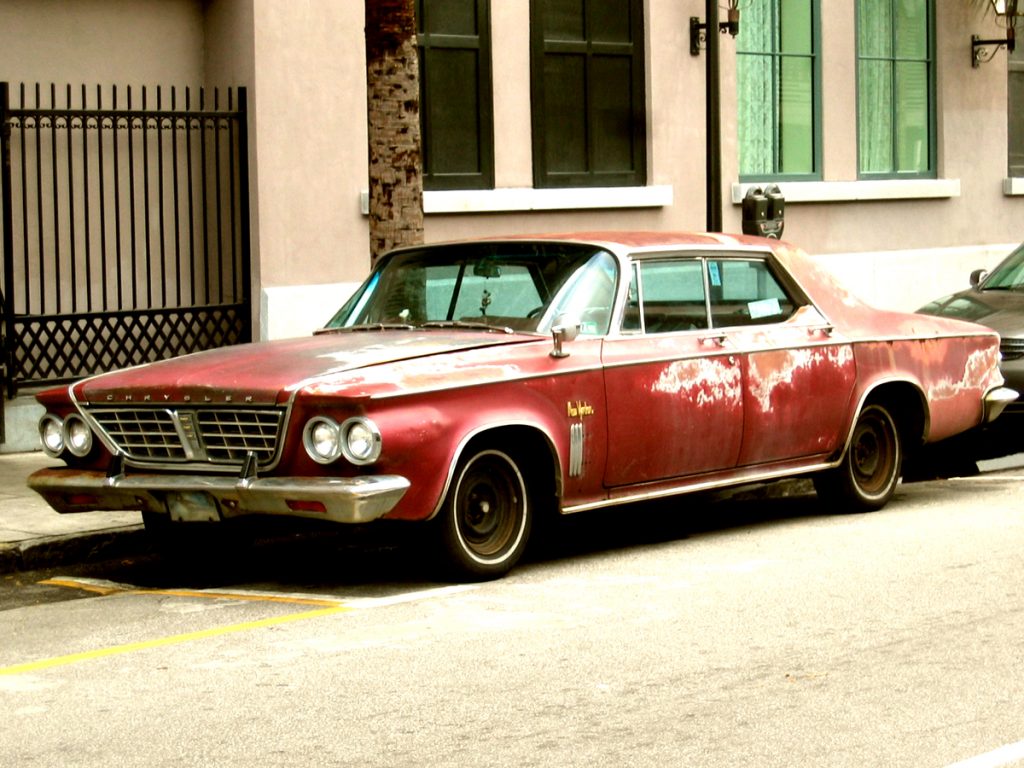 When multiple auto insurance policies are involved after an auto accident it may be difficult to tell which one is controlling. When a mother’s car broke down she borrowed a car from a friend to take her children to daycare. While on the way to drop her kids off she accidentally rear-ended the car of another driver on Highway 139 in Ouachita Parish, Louisiana. When the time came to determine whose car insurance was controlling a lawsuit was filed to resolve this question.
When multiple auto insurance policies are involved after an auto accident it may be difficult to tell which one is controlling. When a mother’s car broke down she borrowed a car from a friend to take her children to daycare. While on the way to drop her kids off she accidentally rear-ended the car of another driver on Highway 139 in Ouachita Parish, Louisiana. When the time came to determine whose car insurance was controlling a lawsuit was filed to resolve this question.